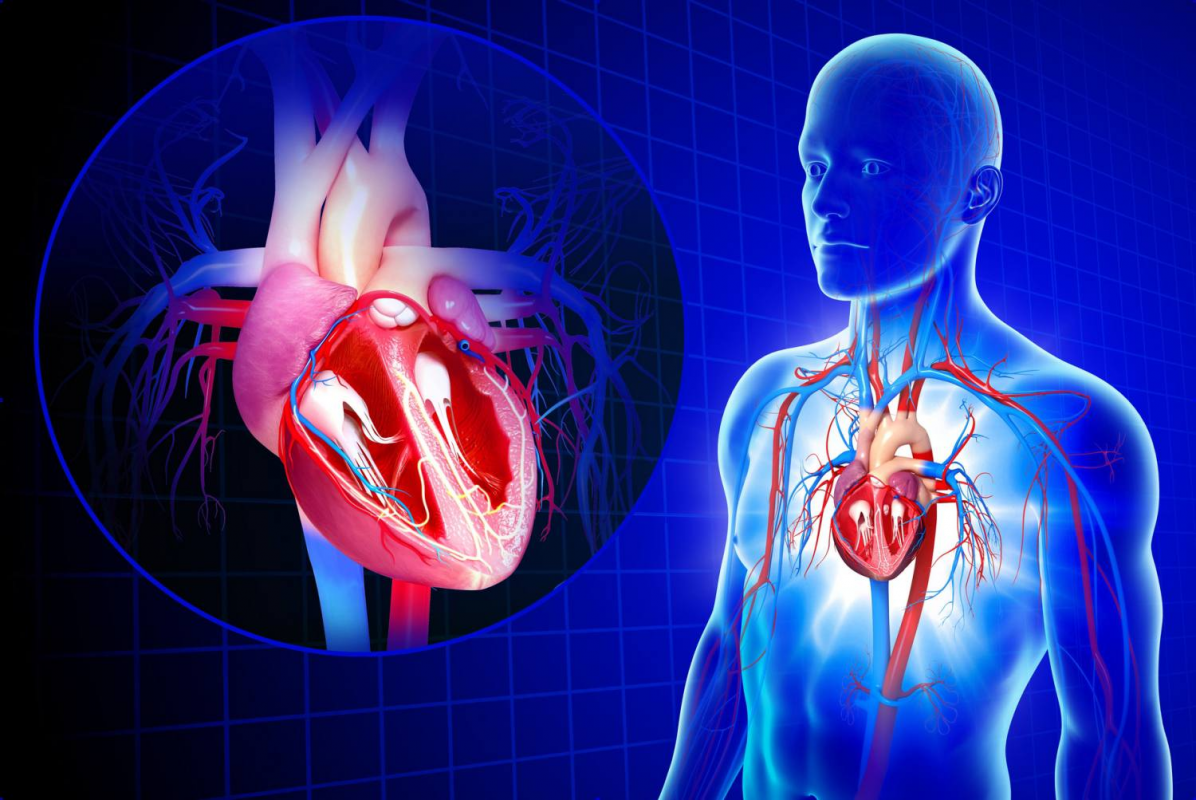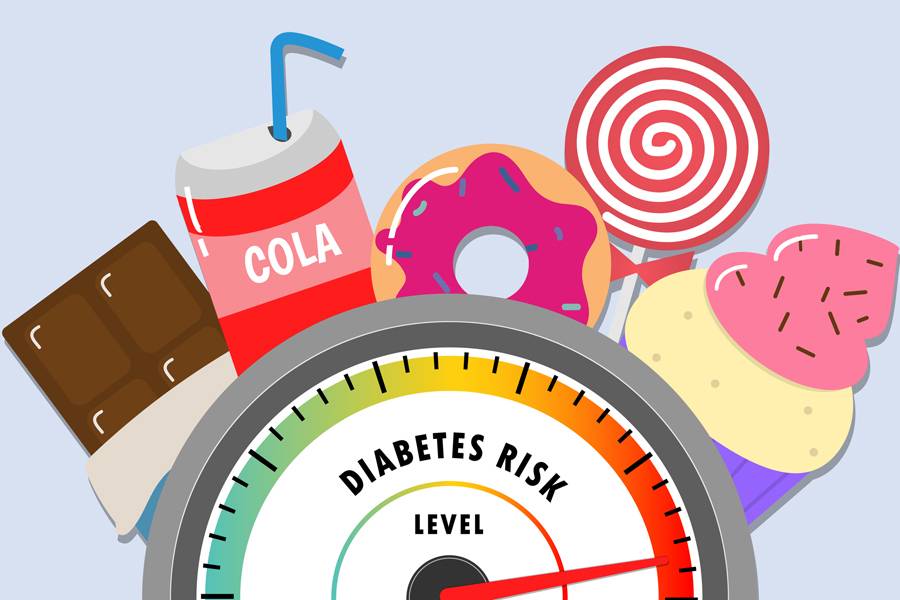Erectile Dysfunction (ED)
Erectile Dysfunction and Underlying Health Conditions
Erectile dysfunction (ED), a medical term often shrouded in silence and misconception, pertains to the recurrent inability of an individual to achieve or sustain an erection sufficient for satisfactory sexual activity. While transient episodes can be commonplace, rooted in factors like stress or fatigue, a persistent pattern warrants medical attention.
In the UK, the significance of this condition is highlighted by its widespread occurrence: it is estimated that ED impacts approximately 1 in 5 men aged 40 and above, amounting to an estimated 4.3 million men dealing with this issue. This information not only emphasizes the scale of the problem but also calls for a comprehensive exploration of its underlying causes.
The Cardiovascular Connection

Erectile dysfunction (ED) is closely linked to cardiovascular health, highlighting the importance of blood vessel health and function. ED occurs when there’s a disruption in the blood flow necessary for an erection, often due to vascular problems.
In the UK, research shows that about 40% of men with ED also have cardiovascular diseases. This connection is mainly due to issues like atherosclerosis, where arteries narrow and harden, affecting circulation.
This condition can lead to coronary artery disease when it affects the heart and ED when it impacts the penile arteries. Similarly, endothelial dysfunction, which reduces nitric oxide essential for erections, further ties these conditions together.
Endocrinological Implications
The endocrine system, an intricate network of glands producing hormones, is indispensable in regulating many physiological processes, including sexual function. When these hormonal symphonies falter, the repercussions can be felt in various health aspects, notably erectile function.
Central to this discussion is testosterone, the primary male sex hormone. Testosterone modulates libido, muscle mass, bone density, and erectile function. Due to age or pathological conditions, its declining levels can lead to diminished sexual desire and compromised erectile function. While the relationship between low testosterone and ED isn’t linear—many men with reduced testosterone levels don’t always suffer from ED—it’s undeniable that a deficiency can exacerbate erectile difficulties.
Neurological Associations
This neural network’s core is the events that lead to an erection. It starts with sensory or mental stimuli that trigger nerve signals from the brain, descending the spinal cord and culminating in the release of neurotransmitters in the penile tissues. This cascade of events leads to the dilation of penile arteries, the influx of blood, and consequent erection.
However, disruptions in this neural pathway, often stemming from neurological disorders, can impede this process. For instance:
Parkinson’s disease: Characterised by the death of nerve cells in the brain, this disorder can hinder the brain’s ability to communicate sexual arousal signals, leading to ED.
Multiple sclerosis (MS): A condition wherein the immune system mistakenly attacks the protective covering of nerve fibres. MS can interrupt the transmission of nerve signals responsible for erections.
Other conditions: Spinal cord injuries, stroke, Alzheimer’s disease, and even some surgeries related to prostate treatments can damage nerves and subsequently influence erectile function.
The Dual Threat from Diabetes
Delving into the mechanistic underpinnings of this association reveals multiple factors at play:
Vascular Damage: Diabetes, mainly when poorly managed, results in chronic hyperglycaemia. This elevated blood sugar can damage blood vessels, impairing their ability to dilate correctly—a process fundamental for achieving erections.
Neuropathy: Chronic diabetes can lead to diabetic neuropathy, wherein prolonged high blood sugar levels damage the nerves. Since nerve signals are instrumental in achieving erections, their compromise can lead directly to ED.
Impaired Nitric Oxide Synthesis: Nitric oxide (NO) acts as a vasodilator, facilitating the influx of blood into the penile tissues. Diabetes can inhibit the synthesis and function of NO, thereby hindering the process of erection.
Beyond these mechanistic pathways, diabetes also brings associated conditions such as cardiovascular diseases, which compound the risk of ED.

Medication-Induced ED
While medications are designed to ameliorate symptoms or cure disorders, they sometimes come with unintended side effects—one of which, for specific drug classes, is erectile dysfunction (ED). Understanding the scope and specifics of medication-induced ED becomes paramount, especially in the UK, where prescription drug use is prevalent.
A telling statistic underscores this concern: up to 25% of ED cases in the UK might be attributed to medication side effects. These cases highlight the importance of routinely reviewing and evaluating the medication list of men presenting with ED.
Antihypertensives: Medications to control high blood pressure, such as beta-blockers and diuretics, can result in ED. The mechanism primarily revolves around their ability to decrease blood flow to the penis, making erections difficult to achieve and maintain.
SSRIs (Selective Serotonin Reuptake Inhibitors): These antidepressants, which increase serotonin levels to counteract depressive symptoms, can dampen sexual desire and impair erectile and ejaculatory functions.
Antiandrogens: Used primarily in prostate cancer treatment, these medications inhibit testosterone activity, leading to decreased sexual desire and ED.
H2 Antagonists: Drugs like ranitidine, used for acid reflux, have been associated with ED, although the exact mechanism remains elusive.
Proactive Monitoring and Collaborative Care
Beyond its impact on quality of life and relationships, ED serves as a barometer of overall health. Conditions such as cardiovascular disease, diabetes, and renal health issues, among others, intertwine with ED, making it essential for healthcare providers to take a comprehensive view. Addressing the root causes not only helps in managing ED but also improves overall health outcomes.
Given the ties between ED and systemic health conditions, at-risk individuals, especially those with a family history or exhibiting early signs of diseases like hypertension or diabetes, should undergo regular health screenings. This proactive monitoring can lead to early detection and timely interventions, potentially preventing the onset of ED.
Cardiovascular Check-ups: Due to the vascular nature of ED, regular heart health check-ups, including cholesterol levels and blood pressure readings, become crucial.
Endocrinological Assessments: Monitoring testosterone levels and other hormonal markers can pinpoint imbalances that might contribute to ED.
Mental Health Evaluations: Given the psychological dimensions of ED, routine mental health assessments can detect underlying issues like depression or anxiety that may be exacerbating or causing ED.


